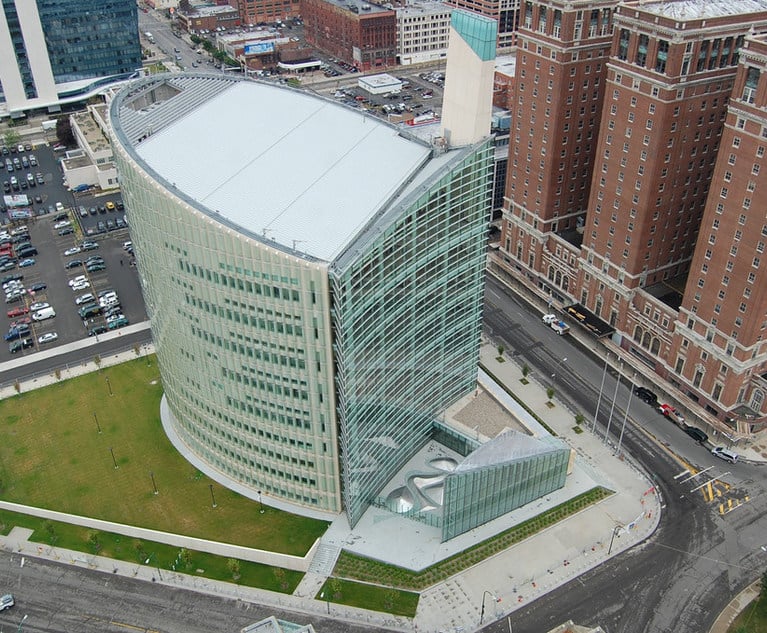 In October 2018, an amendment to the New York City Human Rights Law (NYCHRL), which requires all New York City employers with four or more employees to engage in a “cooperative dialogue” with individuals who may be entitled to various workplace accommodations, went into effect. The new city law requires employers to “engage in good faith in a written or oral dialogue” regarding the person’s need for accommodation. This system is similar to the “interactive process” structure required under the Americans with Disabilities Act (ADA) and New York State Human Rights Law. With that similarity in mind, how much does the cooperative dialogue change the way New York City employers deal with accommodation requests and what must City employers know about the new law?
In October 2018, an amendment to the New York City Human Rights Law (NYCHRL), which requires all New York City employers with four or more employees to engage in a “cooperative dialogue” with individuals who may be entitled to various workplace accommodations, went into effect. The new city law requires employers to “engage in good faith in a written or oral dialogue” regarding the person’s need for accommodation. This system is similar to the “interactive process” structure required under the Americans with Disabilities Act (ADA) and New York State Human Rights Law. With that similarity in mind, how much does the cooperative dialogue change the way New York City employers deal with accommodation requests and what must City employers know about the new law?
Interactive Process Under the ADA
The ADA is a civil rights law that protects individuals with disabilities, including prohibiting employers from discriminating against disabled persons in the workplace. Under the ADA, employers are urged to engage in a “informal, interactive process” with any employee who requests a disability accommodation. 29 C.F.R. §1630.2(o)(3). This procedure is referred to as the interactive process. The purpose of the interactive process is to encourage employers and employees to work together to determine whether an employee’s disability can be reasonably accommodated. This informal dialogue between the employer and employee can be entirely verbal and an employer only needs to demonstrate a good faith effort to provide the employee with a reasonable accommodation to comply with the law. Porter v. City of New York, 128 A.D.3d 448 (1st Dep’t 2015).






